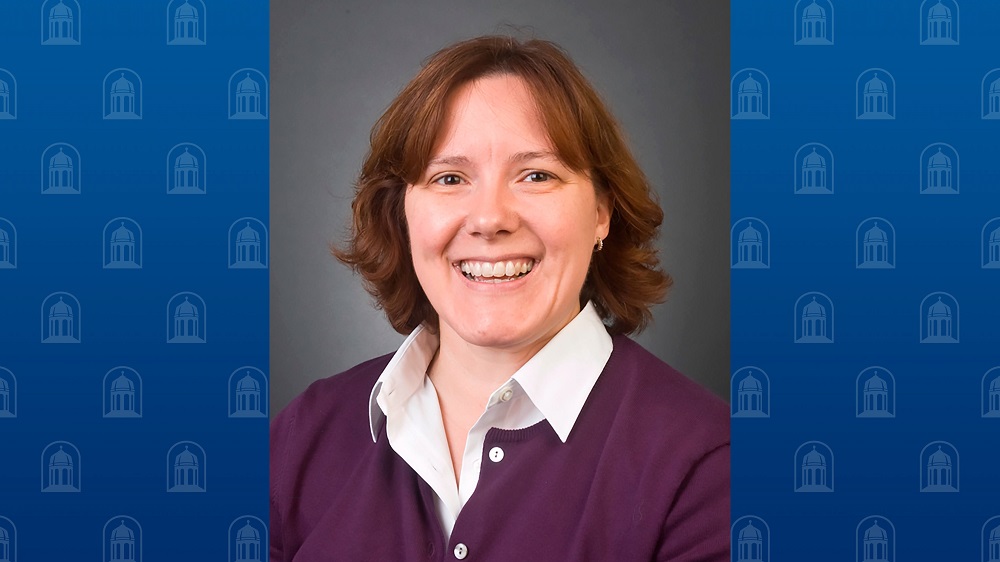Dr. Amy Grace: As Summer Ends, Prepare for Seasonal Respiratory Illness
November 13, 2023

I'd like to share with readers a recommendation that I make to patients and families every day: take steps to prepare for respiratory illness season early. Seasonal respiratory illnesses typically start climbing in late November or December. Last year, respiratory sickness began six to eight weeks early – in October. There's still study and discussion about why this happened in 2022 and whether it will happen again this year. The best thing we can all do is be ready.
Roll Up Those Shirt Sleeves!
Staying up to date on our vaccinations is very important – and the process can take time. After receiving a vaccine, our immune systems build up antibodies over a period of a few weeks before reaching maximum protection. Schedule your appointment now! Review your immunization status with your primary care practitioner and be sure you are up to date with the recommendations.
- The flu vaccine is recommended for everyone 6 months and older, as this is the best protection against the flu. After an active start to the 2022-2023 flu season, infection rates dropped in January and stayed low the rest of the season — a testament to how well last year's vaccine worked once people had it.
- If you remember, respiratory syncytial virus (RSV) was unusually severe last year. There is a new RSV vaccine that coming out this fall which will be recommended for most adults aged 60 and older. Discuss this with your practitioner when it becomes available.
- There is another COVID-19 vaccine on the way – speak to your provider about getting an updated booster.
Handwashing is Easy & Kills Germs
You should start your flu season hygiene early, too — especially if you are someone who does not or cannot take the flu vaccine. I know it sounds too easy to be true, but simple soap and water remain one of our best defenses against illness. Wash your hands before eating and after using the bathroom. Use hand sanitizer when out and about.
If You Do Get Sick, Stay Home to Protect Others
Regardless of our best efforts, some of us are bound to catch a seasonal respiratory illness. If you come down with something, take care of yourself and those around you. Stay home from work, school, shopping, restaurants, or other public activities to rest. Take advantage of sick time or remote work options, if you have them. These things can speed up your recovery and reduce exposure to others — a win for everyone.
Masks Really Do Help
Cover your mouth when you cough or sneeze. I know that many of us are tired of masks – but they are excellent ways to catch the virus-laden droplets of water that come out of our mouth and nose. Consider voluntarily wearing one — especially if you know you're around someone with a weakened immune system.
Finally, remember to practice good health decisions:
- Do not smoke and avoid second-hand smoke: COVID-19 has given us a new wave of studies that have confirmed smokers are much more likely to contract respiratory illnesses and then tend to be sicker for a longer period of time than non-smokers. Your practitioner can provide you with smoking cessation tools.
- Get exercise: especially cardio activity that gets your heart pumping and your lungs working.
- Eat healthy: a diet with lots of fruits, vegetables, and whole grains.
Happy fall, everyone! I am wishing everyone a healthy season!
Dr. Amy Grace is Chief of Primary Care for Bassett Healthcare Network.
This column was originally published in the Oneonta Daily Star, and can be found here.
